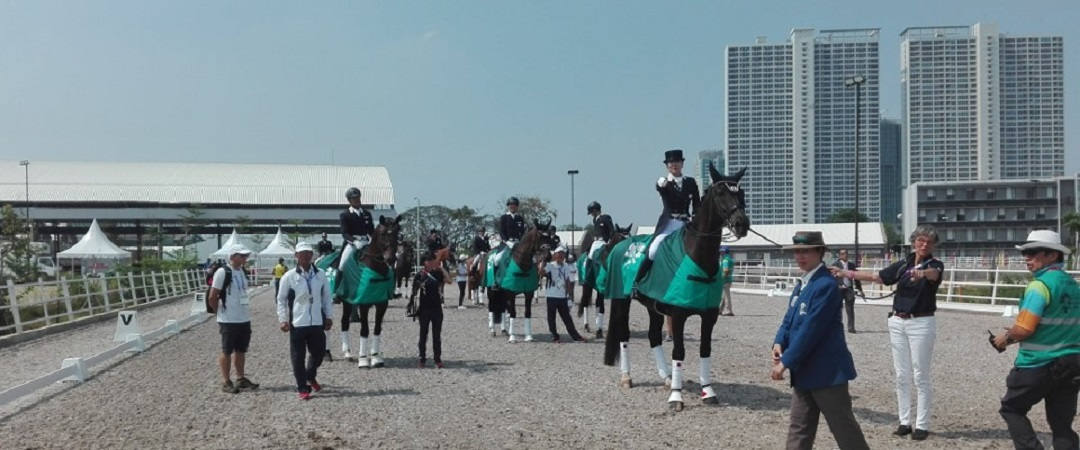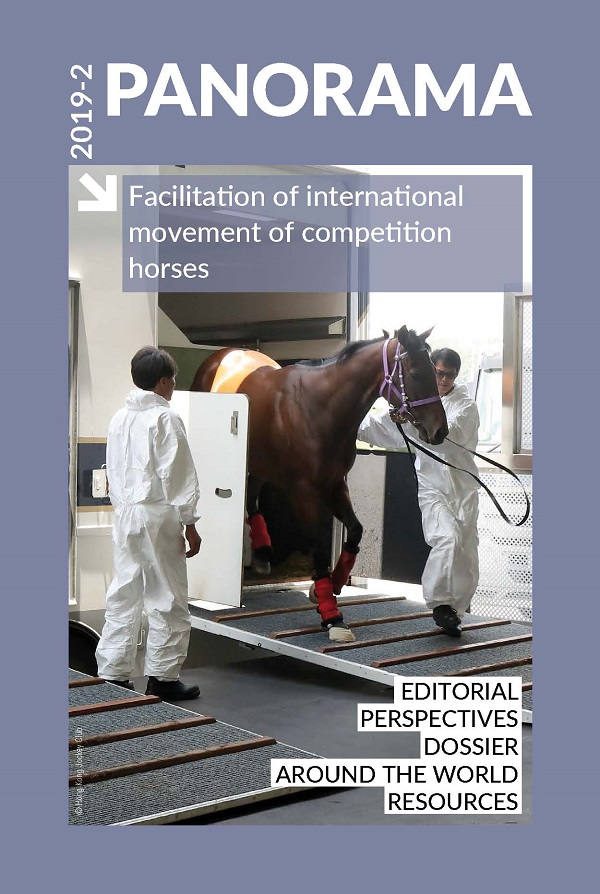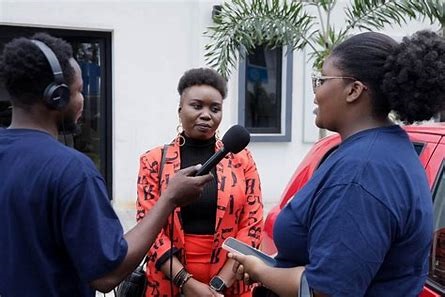Around the world Posted on 2019-09-24 10:41:57
Success stories
Temporary equine-disease-free zone (EDFZ) in Indonesia in 2018
for the 18th Asian Games
Keywords
Authors
Susanne Münstermann(1)*, Sri Hartati(2) & Mujiatun Darudin(3)
(1) Animal Health Consultant, Bonn, Germany.
(2) Director, Animal Health Department, Jakarta Province, Indonesia.
(3) Center for Animal Quarantine and Biosafety, Indonesian Agricultural Quarantine Agency (IAQA), Indonesia.
* Corresponding author: susanne.munstermann@adt.de
The designations and denominations employed and the presentation of the material in this article do not imply the expression of any opinion whatsoever on the part of the OIE concerning the legal status of any country, territory, city or area or of its authorities, or concerning the delimitation of its frontiers and boundaries.
The views expressed in this article are solely the responsibility of the author(s). The mention of specific companies or products of manufacturers, whether or not these have been patented, does not imply that these have been endorsed or recommended by the OIE in preference to others of a similar nature that are not mentioned.
Indonesia declared this EDFZ free from equine infectious anaemia, glanders, equine influenza, surra, equine piroplasmosis and Japanese encephalitis in accordance with the relevant requirements of the Terrestrial Animal Health Code.
To establish the equine health status around the EDFZ, a surveillance zone, composed of Jakarta DKI, the Special Capital Region (630 km2), and a protection zone, comprising Greater Jakarta (6,300 km2), were created and three disease surveys were carried out in these zones over 18 months. Antibodies to the following diseases were identified around the EDFZ: surra, piroplasmosis, West Nile fever, equine influenza, equine herpesvirus, strangles and Japanese encephalitis. No clinical cases were seen during the survey period.
To mitigate the risk of disease introduction into the EDFZ, a depopulated buffer zone of 1 km, free of animals of any domestic species, was created around the EDFZ and the core zone was kept free of horses for 1.5 years.
Strict control of movements into the surveillance zone was implemented six months before the games, and horses in ‘hot spots’, where antibodies against multiple diseases had been identified, were removed from the surveillance zone. Furthermore, a vector control programme, based on the results of a vector survey carried out during the rainy and dry seasons of 2017/2018 in and around the core zone, was conducted before and during the games.
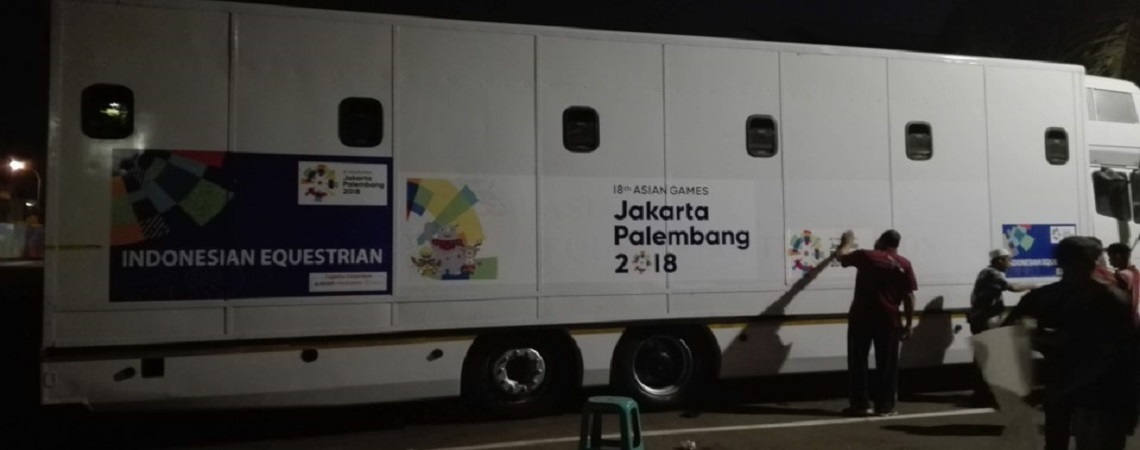
Non-European horses, after quarantine in their home country, were taken to a quarantine station outside the surveillance zone for two weeks while European horses were taken directly from the airport via a biosecure highway corridor to the core zone.
Twenty-one nations and 133 horses participated in the games and no cases of disease were reported. All horses returned healthy to their home destinations.
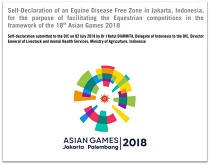
https://doi.org/10.20506/bull.2019.2.2980




